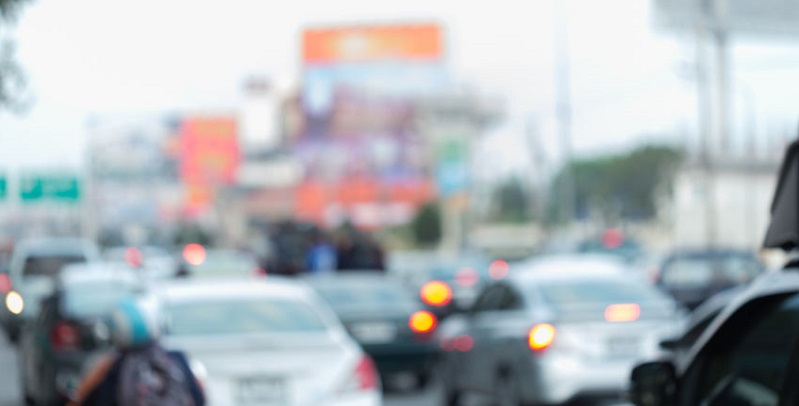In May, a Denver man was arrested after he was involved in a crash with a passenger in his vehicle. The driver was found to be intoxicated at the time of the accident, which also severely injured his passenger.
Those who have been out drinking might reasonably think that calling a ride-booking service, such as Uber or Lyft, would be the safest and best way to get home. There have been instances, however, one right here in Denver, when calling for a ride turned into a nightmare because the driver was drunk. States are now taking action to make sure drivers of vehicles carrying paid passengers are sober when on the job.
California Legislation Targets Paid Drivers
In July 2018, California enacted a new law, Assembly Bill 2678, that lowered the allowable blood alcohol content, or BAC, for drivers who are transporting paying passengers. BAC denotes the amount of alcohol in a person’s bloodstream after they have been drinking. All states have a legal BAC limit of .08, which means that if your BAC is higher than that, you are considered legally drunk and if caught driving, you can be arrested. However, California drivers with paying passengers, such as Uber and Lyft drivers, now have a lower threshold of .04. According to press materials from the California Department of Motor Vehicles:
“The DMV wants to ensure the public understands drivers of passengers for hire will be held to a higher standard of safety while transporting people. The DMV will suspend a person’s driver license if a conviction is added to their record. Commercial driver license holders will receive a disqualification.”
Now you would think someone operating a vehicle for hire would know better than to drink and drive, but Denver residents know that’s not always the case. In May, a Denver man was arrested after he was involved in a crash with a passenger in his vehicle. The driver was found to be intoxicated at the time of the accident, which also severely injured his passenger. This situation puts a spotlight on the topic of Uber and Lyft drivers, or taxi drivers for that matter, and whether there should be a move to lower BAC levels for those transporting passengers.
Not only is this conversation taking place in states other than California, but there is the talk of lowering the allowable BAC to .05% across the country for all drivers. A recent study by the National Academies of Sciences Engineering Medicine notes that a person’s ability to control a vehicle begins to deteriorate at much lower BAC levels than currently noted. The study looked at countries, such as Austria, Denmark, and Japan, that lowered the legal BAC level to .05 and found that it did have a positive impact. Because of this study, there are those who are pushing to lower the BAC level as a means of decreasing the number of alcohol-related auto accidents.
Drunk Driving Incidents Declining Overall
As with most things, there is good and bad, and when it comes to ride-booking and DUI accidents, at least one company is highlighting the positive. Uber notes in a self-report analysis that drunk driving incidents in cities it serves have decreased. One example Uber notes is New York City, where it says drunk driving incidents have decreased between 23 percent and 35 percent.
Backing up that data are user responses, which Uber says shows that nearly 80 percent of those using the ride-booking service did so to avoid drinking and driving.
However, other researchers have found no direct correlation between a decrease in drunk driving and ride booking. A reason highlighted in another study is that, as they say, the “jury is still out”; much more research is needed.
Regardless, the fact that we now have more options to getting home safely after a night out is a positive.

